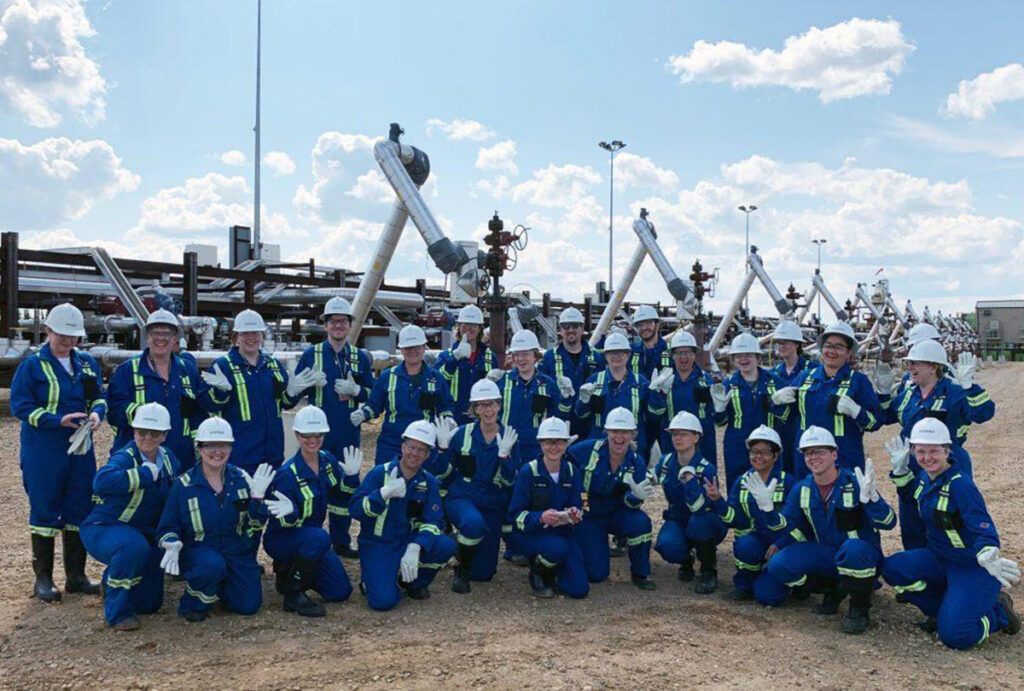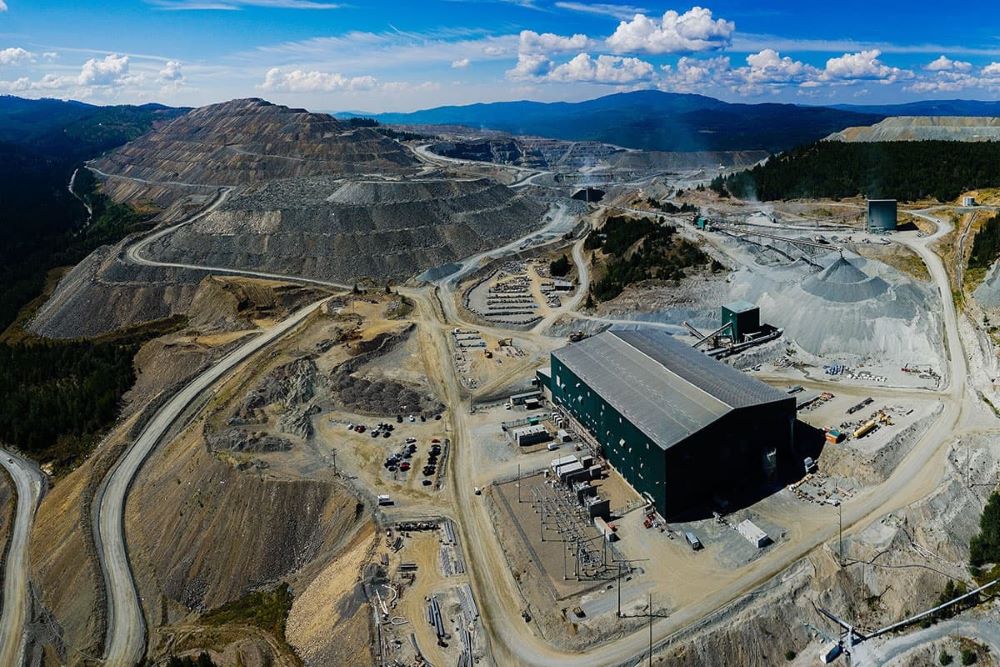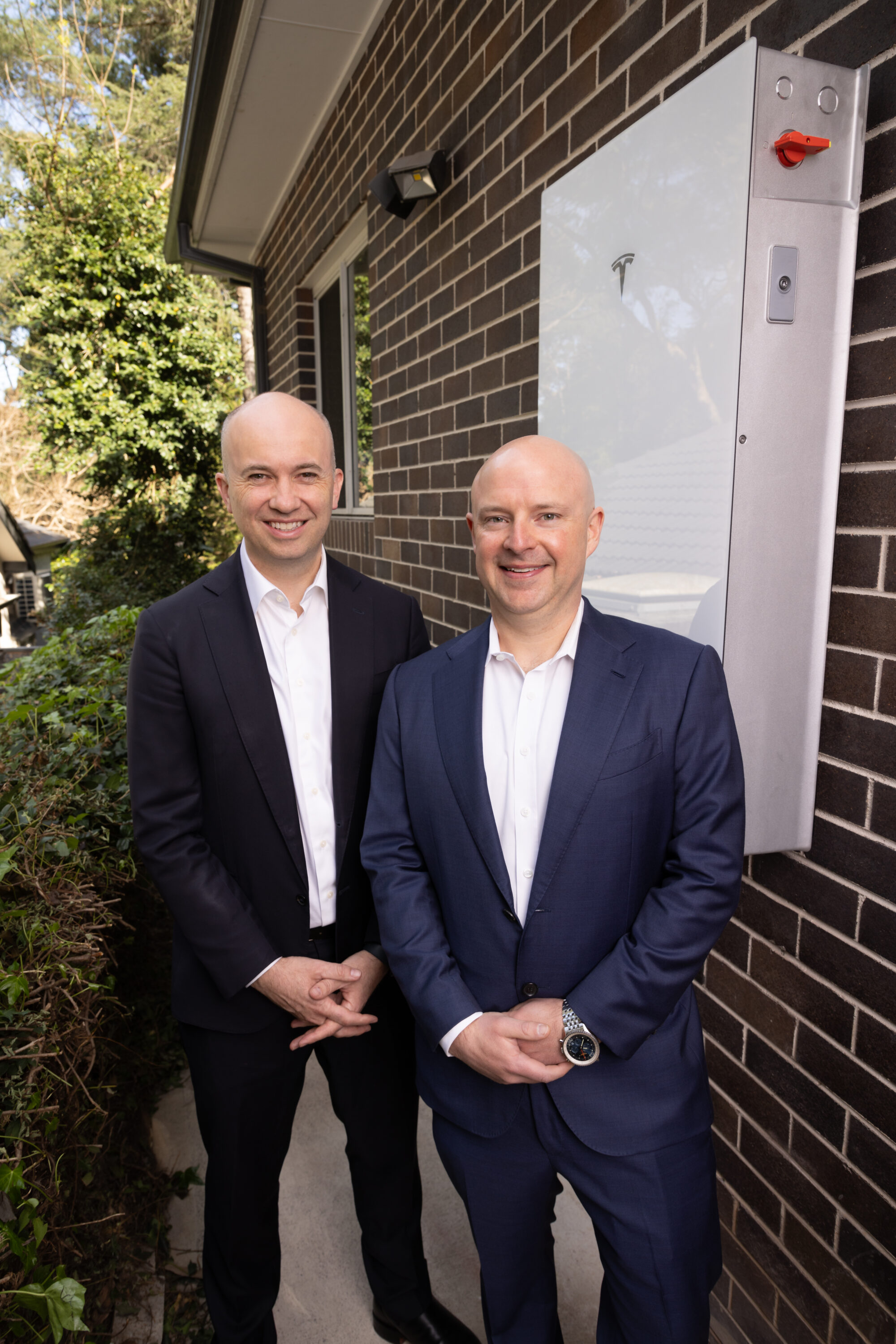‘Energy forms and sources are a complex mix, and one doesn’t need to be at the expense of another’
By CEC Staff
Follow CEC on Linkedin CEC Linkedin
Follow CEC on Facebook CEC Facebook
Follow CEC on Twitter CEC Twitter

This summer Inside Education hosted 24 teachers from eight provinces and territories to explore energy development in Alberta as part of its Energy Futures program. Photo courtesy Inside Education
Alberta organizations are answering the call to boost energy literacy among young people, while an industry executive is calling for nationwide energy literacy programming.
Inside Education, a charity operating since 1985, educates K-12 students about Alberta’s natural resources sectors, including oil and gas, and the environment. The organization focuses on classroom programs and field trips that help students and teachers learn about impacts and innovation.
The goal is inspiring students to a balanced, sustainable future for the environment, economy, and society, the organization says.
“Energy forms and sources are a complex mix, and one doesn’t need to be at the expense of another,” says Steve McIsaac, executive director of Inside Education.
“If we can be rowing in the same direction when it comes to helping people understand, I think that would go a long way.”
Inside Education held its Youth Energy & Environment Leadership Summit in March, which included representatives from various industries, including the oil sands and renewables sectors. In attendance were conservation groups and representatives from Indigenous communities.
In 2022, the organization reached 14,214 students with classroom programs, while 515 teachers attended professional development programs – 115 communities were reached.
“The level of interest is substantial,” says McIsaac. “Young people are fundamentally disinterested in waiting for some magical ‘when I grow up’ scenario. They want to be engaged now.”
More energy literacy programs are needed across Canada, says Brad Hayes, a geologist and president of Calgary’s Petrel Robertson Consulting.
Part of the problem with energy literacy is that knowledge deficits are often correlated with regional blind spots, he says. Young people in Alberta may have insight into oil and gas, while young people in Ontario may know more about nuclear, wind and solar power. On the east coast, coal is more familiar than natural gas.
According to a University of Calgary School of Public Policy report, energy literacy is more than just knowing a few things about where energy comes from and how it is delivered.
“It also means having a firm grasp of the economic and environmental impacts, coupled with the trade-offs that are an inevitable part of energy production,” the school writes.
Kim Adolphe, founder of Calgary-based SWIFT Learning, has her own ideas about energy literacy. SWIFT provides online training for students and others focusing on safety, mental health, and active living.
The organization recently received funding for an energy literacy program that will cover topics like energy history, petrochemicals in everyday life, oil and gas innovation, energy types, and energy transformation.
“I believe it is imperative, and our duty, to ensure Canadians have a sense of pride about the tremendous economic contributions, innovations, leading safety standards, and commitment to reducing carbon emissions by the oil and gas industry,” says Adolphe.
“Canada is an energy leader, and in order to continue that leadership and legacy, we must educate our youth and counter some of the disinformation that’s widespread.”
A lack of energy literacy could mean fewer people entering energy sector careers, says Adolphe.
A University of Alberta course called 21st Century Energy Transition: How do we make it work? is a resource that’s available to anyone, says Hayes – noting the material is suitable for high school students.
The Society of Petroleum Engineers Canadian Education Foundation also has energy literacy programs and learning material.
The unaltered reproduction of this content is free of charge with attribution to Canadian Energy Centre Ltd.
Share This:




